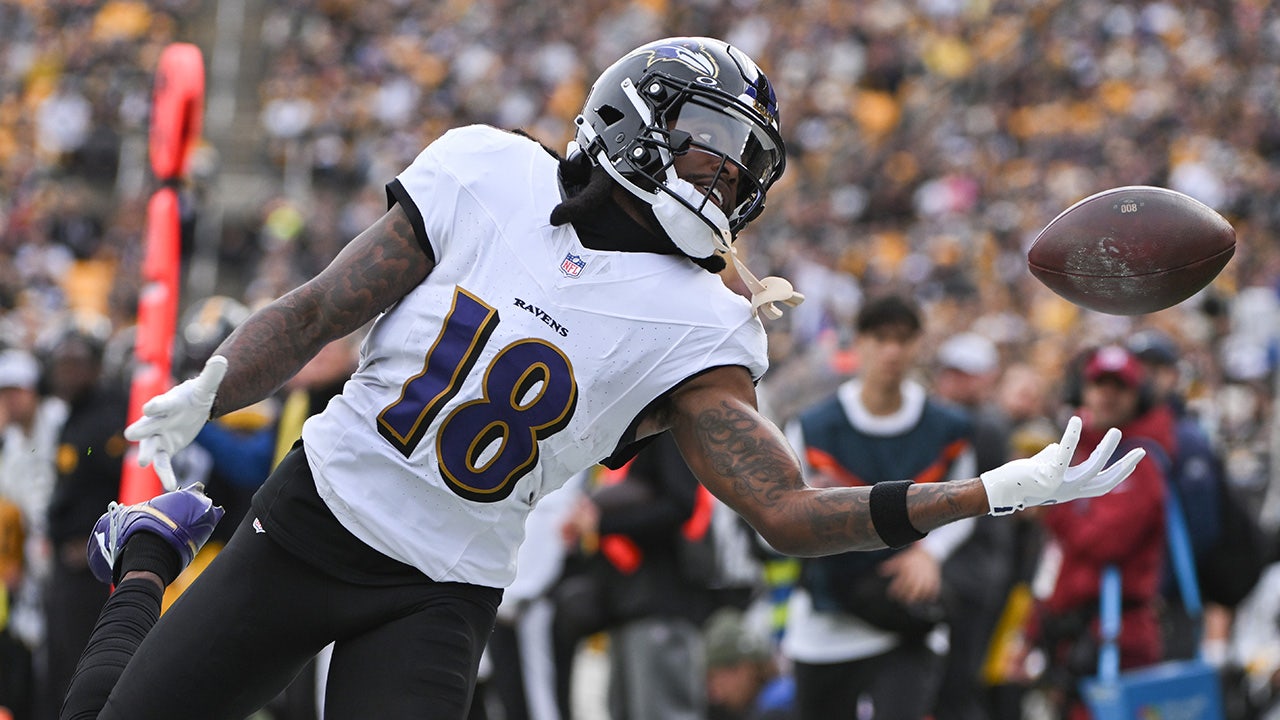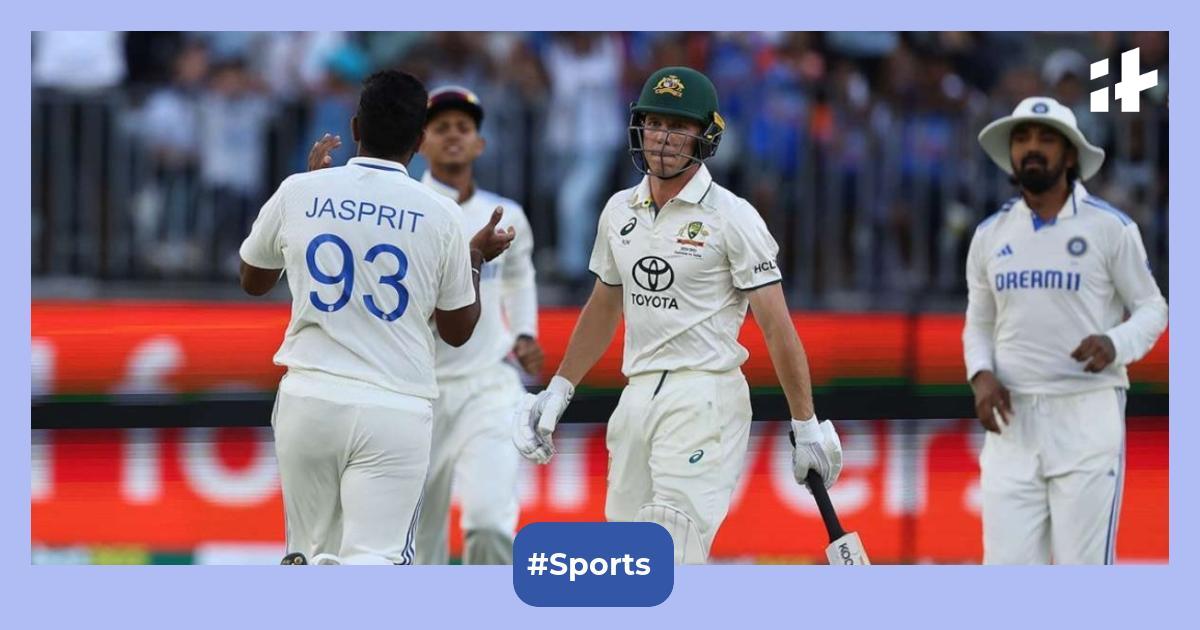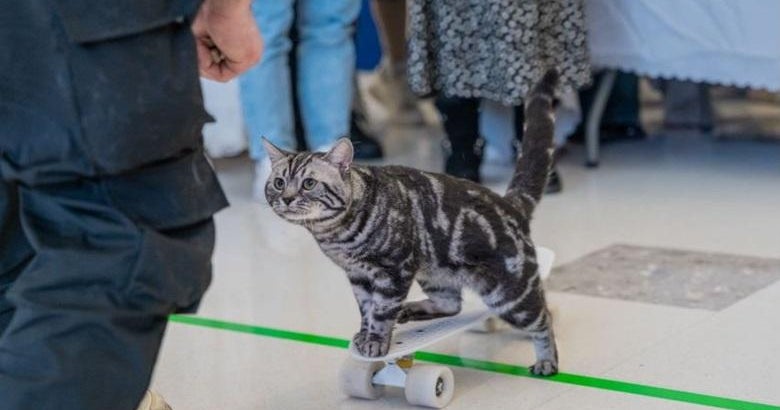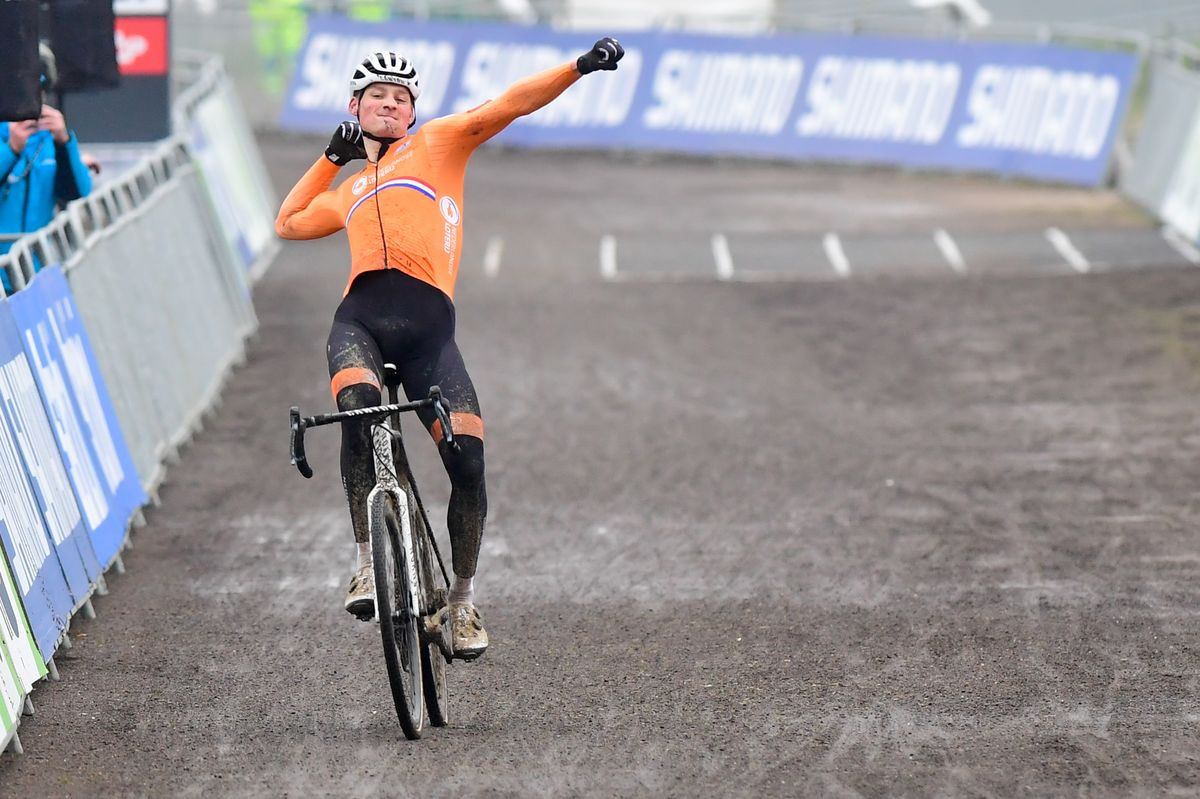BRUGES:
Dutch rider Mathieu van der Poel says he is peaking ahead of the 19 cobbled climbs of the Tour of Flanders in the Flemish Ardennes on Sunday.
The epic 273km-long course and those punishing cobbled ascents can be counted on to whittle down a competitive field to its core talent on Belgium’s biggest sporting day out of the calendar.
History suggests a two or three-man sprint following a late escape is the most likely scenario.
Defending champion Van der Poel, who also won in 2020, triumphed at Milan-San Remo two weeks ago and warned the pinnacle of Flemish cycling was his next target.
“I’m riding into form,” Van der Poel insisted after coming second to his eternal rival Wout van Aert at the E3 cobbled classic a week ago.
“I can live with second today. But hopefully next week I can win, I want to turn things round next week.”
Van Aert lost teammate Dylan van Baarle to injury this week but still appears to have the strongest back-up.
He missed the race with Covid last season and is seeking a first win here.
“The best tactics will be aggressive ones,” said Van Aert, hoping to give Belgium its 70th win in the 107th edition of a race first staged in 1913.
Philippe Gilbert, in 2017, is the only Belgian to win the Tour of Flanders over the past decade.
Van Aert, however, can usually be counted upon to beat any likely rival if it comes to a sprint.
Double Tour de France winner Tadej Pogacar knows he needs to drop the two great classics riders if he is to have any chance. And with nine wins from 15 days of racing so far this season the Slovenian cannot be discounted.
Belgian one-day specialists Quick-Step are struggling for wins this season. Their two-time world champion Julian Alaphilippe has been racking up extreme levels of training, even adding two hours on to a day where he races, in order to reverse that trend.
“It’s going to be much longer and certainly much harder than usual,” Alaphilippe said of the longest edition for 25 years and one which starts at the Bruges market rather than in Antwerp.
Tom Pidcock believes the two final climbs, a long one to Kwaremont and a short but brutally steep one at Paterberg, will be where the war of attrition is decided.
“I’ll have to get past the point where they have the raw power and get into the more attritional part of the race. I think that’s the important bit,” said Pidcock, who is coming off a concussion lay-off.
“I always need plenty of racing to get in my best shape.”
The race should be very well attended in cycling-mad Belgium. After snow this time last year, the event should be contested in the relative warmth of 9 degrees Celsius (48 degrees Fahrenheit) in overcast, but dry conditions.















































